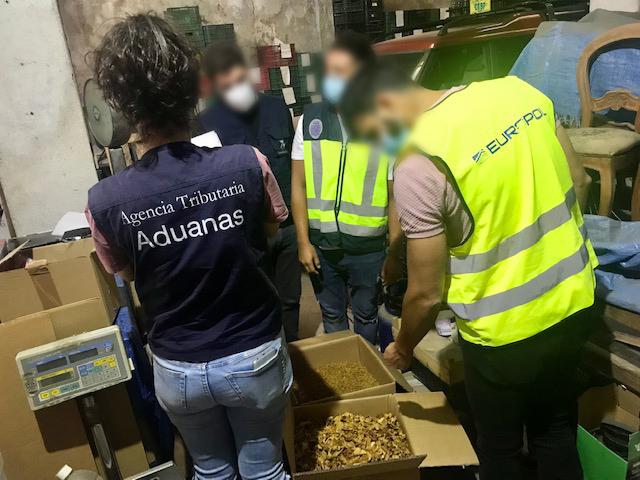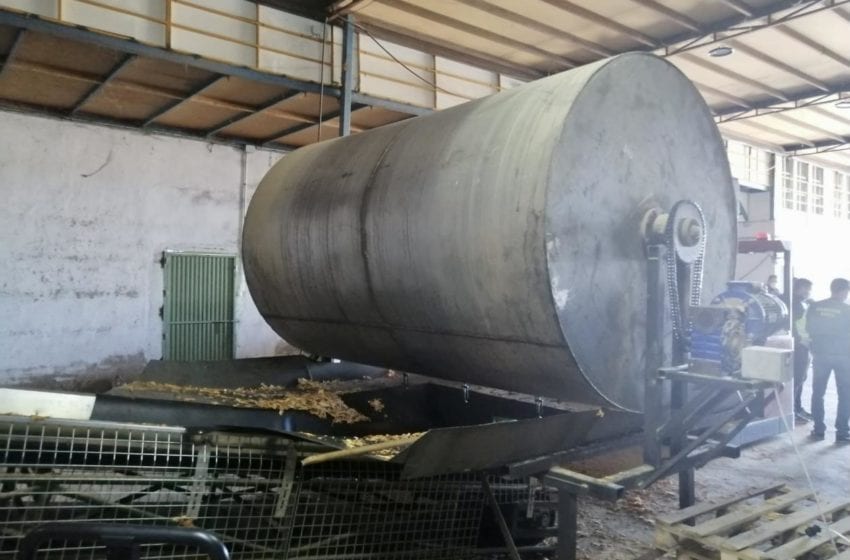Among other things, the country wants to create a regulatory framework for e-cigarettes. Read More
Tags :Spain
Portuguese and Spanish authorities seize tobacco, weapons and cash. Read More
Police seize illegal product and arrest illicit traders in Portugal and Spain. Read More
Authorities have prohibited smoking outdoors in cases where social distancing cannot be guaranteed.Read More
The draft law calls for higher taxation and more smoke-free areas, among other measures. Read More
Juul Labs said today it would end operations in South Korea, a year after it entered the market.Read More
A court in Spain seems to have been given little choice in a custody battle aimed at protecting young people from tobacco smoke.Read More
In Spain, it is permissible to smoke a hookah in an enclosed public place if no tobacco is involved, but it is not permissible to vape an electronic cigarette.Read More
In the 12 years since Spain introduced its first public-places tobacco-smoking bans, the incidence of smoking has risen.Read More
Spain to host THR summit
Spain has an 'interesting' history in respect of electronic cigarettes and vaping, which is due to be built upon at its first-ever tobacco-harm-reduction summit next month.Read More











